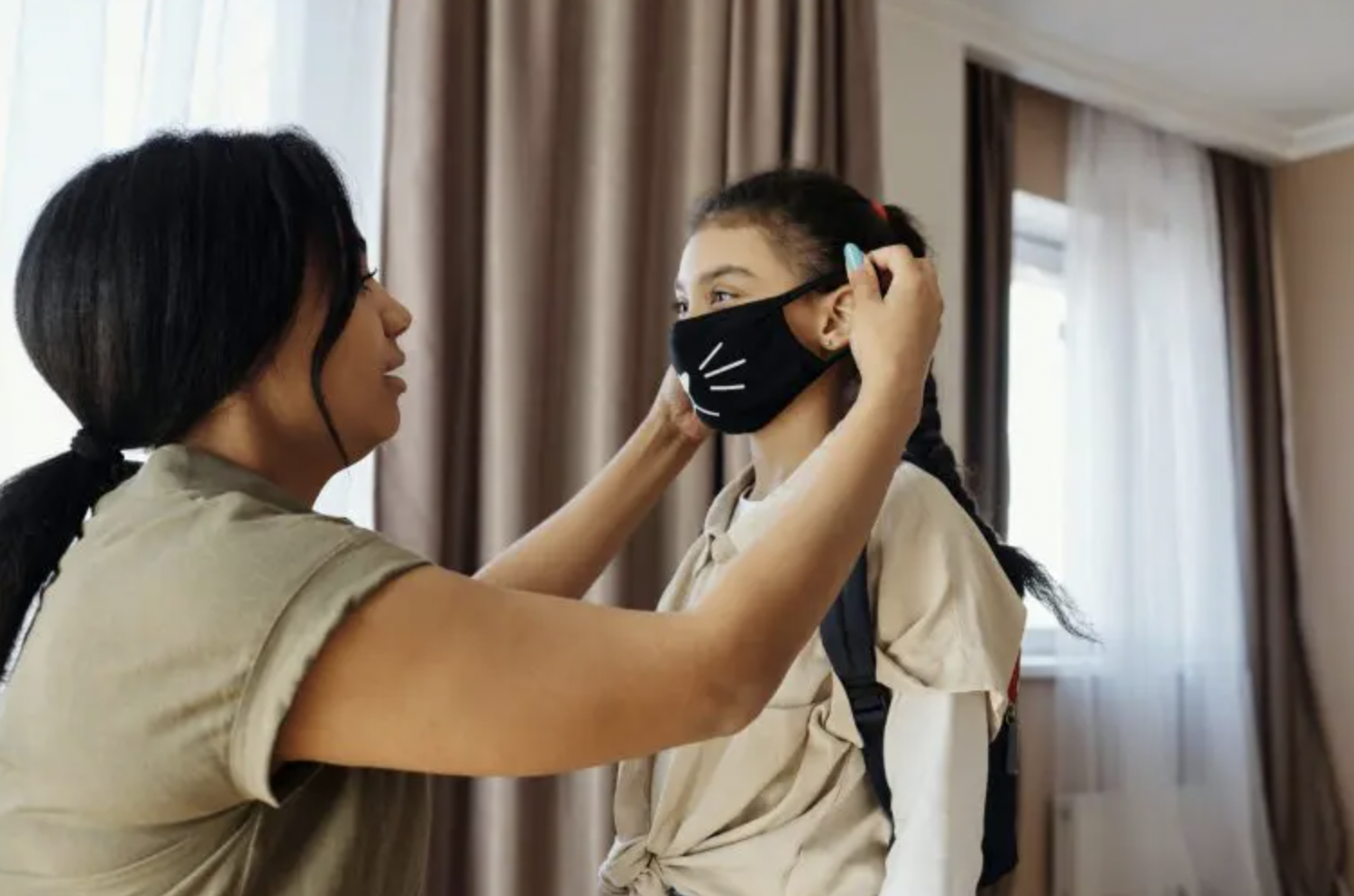Answering Your Nannies’ Questions About Coronavirus
It’s hard being a child care professional in the midst of the coronavirus pandemic. Some nannies have been laid off or are unable to work, and many have had their hours reduced. All of these challenges are tough when your nannies rely on their child care work as their primary source of income. As a nanny agency, however, it can also be difficult to manage your own business and the concerns of your nannies and clients.
To help your nannies and team members through this difficult time, here are some resources and answers to important questions they may have about their career and current work status.
Do employers have to keep paying nannies if they’re not able to work?
First things first: check employment contracts. Do your nannies have guaranteed work hours? Guaranteed hours is an industry standard that means employers agree to pay their nannies for the hours they’re normally expected to work, regardless of whether the nanny is needed or not. Once the contract has been reviewed, encourage your nannies to sit down and have an honest conversation with their employers.
If an employer is laid off or furloughed themselves, they may not be able to continue paying their nanny. Tough as it is, it may be best for both sides to pause their working relationship or end it all together so the nanny can seek new employment. However, if the family is still working, either at home or as an essential worker, they should consider still paying their nanny, whether the nanny is able to come to work or not. In these cases, your nannies might offer a temporary work agreement, like receiving regular pay now and making up those hours later when they’re able to return to work.
Do nannies have any benefits or coverage during the pandemic?
If your nannies operate as W-2 employees, the Families First Act may have positively impacted their access to benefits. Even as independent contractors, nannies may have access to unemployment and other benefits during this time. Here’s what your nannies should know about their benefits under this act:
If they have their hours reduced or if they’re let go because of the effects of the coronavirus, they may be able to file for unemployment benefits. Each state’s department of labor would decide if a nanny is eligible for financial assistance.
Full-time nannies (with W-2 employment records) are eligible to take up to 80 hours of paid sick time. Part-time nannies can take paid sick time equal to the average weekly hours they work in a two week period. This sick time applies if nannies contract the virus, if one of their family members becomes sick, or if they have to care for their own child.
If a nanny can’t work because their child’s daycare or school is closed due to the coronavirus, they can take up to 12 weeks of paid family leave (FMLA).
Families need to provide these benefits in addition to what they already offer. Employers may be eligible for tax credits equal to what they pay to their nannies.
If your nannies have more questions about these benefits, encourage them to read further about the Families First Act when they can.
Should a nanny offer to live with their family during shelter-in-place orders?
Your nannies may be facing an incredibly hard decision: become a live-in nanny for their employer to continue providing child care and receiving income, or stay at home to care for their own family or work other part-time jobs.
For nannies living on their own, this might be an attractive option. Moving in with their employer does cut down on possibly getting infected and spreading COVID-19 through public spaces or public transit. But for nannies who have other obligations or families of their own, it’s not that simple of a choice.
If employers are pushing nannies to either move in or cut ties completely, you can help your nannies find other options. They can discuss taking extra health and safety precautions, like keeping a change of clothes at their home and setting up a strict handwashing/disinfecting routine when they arrive to start a shift. If an employer prefers their nanny avoid public transit, maybe they can offer to pay for a car service for the nanny instead. Discuss social distancing practices, wearing face masks, disinfecting areas in the home, and so on.
Employers want to protect the health of their families, and they’re rightfully nervous about preventing the spread of the virus. This worry may make employers take an “all or nothing” approach with their nannies. To ease those worries, have your nannies practice honest communication and teamwork with their employers.
How can your agency help nannies and families?
Your leadership and care as a nanny agency owner are needed now more than ever. It’s not always clear what the right choice or safest option is for your nannies. Communicate with your team and encourage them to communicate with their employers in turn. Be available to answer your nannies’ questions as best you can. In uncertain times like these, they will appreciate your support.
I’d also love to hear what resources you’ve found to share with your nannies or client families, so I can share them with other agencies! Leave a comment below if you’d like to share!

